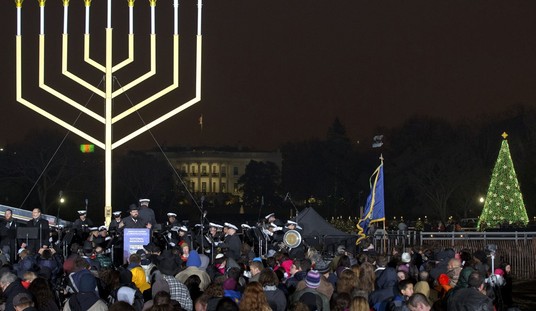Either 8-1 or 5-3-1, depending how you score it. The short version is: the US government seizes a portion of the raisin crop each year in order to keep prices up (they typically either sell the raisins for below market value*, or stick ’em in school lunches, or things like that). Problem is, the Fifth Amendment says that you can’t do that without paying the property owners… and the raisin owners finally complained (took ’em decades to do it, mind you). The Ninth Circuit held for the government, of course – and the Supreme Court smacked them for it. Turns out that the Court couldn’t see the difference between personal property and real estate, no matter how hard the administration wanted them to. And the argument that ‘government keeping raisin prices high’ is equivalent to ‘just compensation’ didn’t really fly with the Supreme Court, either.
See more at Reason**, which is pretty much jumping up and down for joy on this one. I should also note that all it would have taken would have been a shift of one vote and this would have been a 5-4 decision in favor of sending the issue back to the courts for another decade before the raisin growers would find out whether their fine would be reversed and they’d get the value of the seized crop back. Which would have effectively meant that Horne v. USDA would effectively end up being decided for the government***. Amazing what a difference being able to nominate Supreme Court Justices at just the right moment can make, huh****?
…Here endeth the lesson.
(Image via Shutterstock)
Moe Lane (crosspost)
*The government seemed to feel that giving raisin growers ‘a pro-rated share of the proceeds after administrative costs have been taken out’ on these sales counted as ‘just compensation.’ As you can guess, this argument did not fly with the Supreme Court; but it’s probably why this case took so long to litigate. Nobody wants to be the one that kicks the sleeping bear in the metaphorical testicles, you know what I mean?
**See also Leon over at RedState, who did more analysis on this and other Supreme Court decisions handed down today.
***As the Court itself has noted “This case, in litigation for more than a decade, has gone on long enough.” That it did is a whole other problem with American jurisprudence. And yet another argument to keep government as small – and thus as nimble – as possible.
****Fortunately, it was determined that, as Justice Clarence Thomas noted in his concurrence to the majority opinion, that “having the Court of Appeals calculate “just compensation” in this case would be a fruitless exercise. “














Join the conversation as a VIP Member